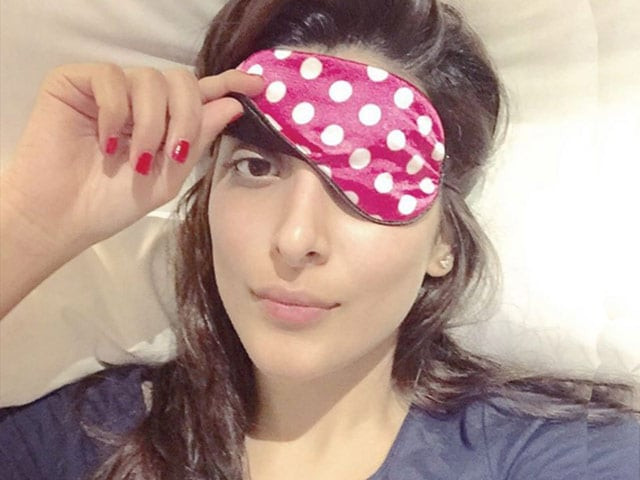Reading on a screen before bed might be killing you
Don't reach for your phone before heading to bed, warns study

Don't reach for your phone before heading to bed, warns study. PHOTO: INSTAGRAM/URWATISTIC
According to BBC, a team from Harvard Medical School compared reading paper books and light-emitting e-readers before sleep. Their research found that not only did people using e-readers face difficulty in falling asleep, but their level of sleep and alertness was affected the following day too.
Can't remember something? Sleep on it
https://instagram.com/p/zftAyGgWLy/
Our bodies are tuned to the rhythm of day and night by our internal clocks. When there's light our body is alert and awake, and when it's dark our body goes into sleep/rest mode.
However, when you're looking at the blue screen of not only your e-reader, but also any mobile device, then you're slowing or preventing the production of the sleep hormone melatonin. Regular blood samples showed that production of the hormone was reduced by reading an e-book.
"We know from previous work that light from screens in the evening alters sleepiness and alertness, and suppresses melatonin levels," Dr Anne-Marie Chang told HuffPo.
https://instagram.com/p/42rpK-N_SG/
She also stressed that sleep deficiency -- not getting enough sleep or obtaining poor quality sleep -- has been linked to other health problems such as obesity, diabetes, and cardiovascular disease. Chronic suppression of melatonin has also been associated with increased risk of certain cancers -- proof that screen time before sleep can be detrimental to health.
Unexpected things that keep men awake
"We should be advising people to minimise their [light-emitting devices] use in the evening, particularly teenagers who are a group that are using their phones and tablets late in to the evening," said Dr Victoria Revell in an interview with the BBC.
https://instagram.com/p/003QB-oEGx/
Teenagers naturally have a late body clock, which makes them slow to rise in the morning and up late at night.
"People who already have a delayed body clock are delaying themselves much further and that is a very important message," she added.
Sleep better, feel better
Experts say people should minimise light-exposure in the evening. Reading is known to help induce sleep, but your best bet are printed books as they will not disrupt your body's sleeping pattern. If you absolutely must use your phone before bed then try using filters which will help minimise the effects of blue light. You can get an app for that online or buy a screen.


















COMMENTS
Comments are moderated and generally will be posted if they are on-topic and not abusive.
For more information, please see our Comments FAQ